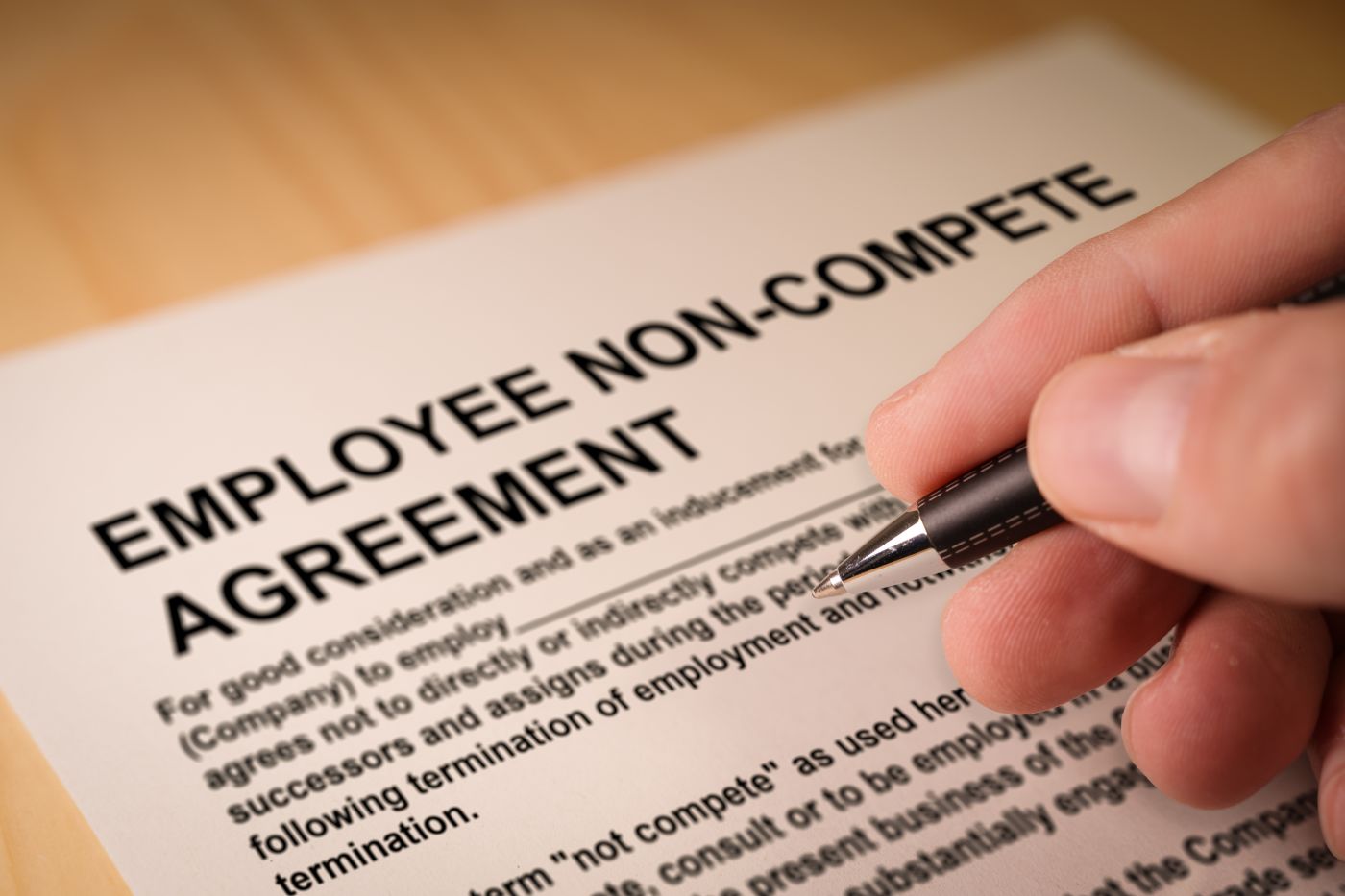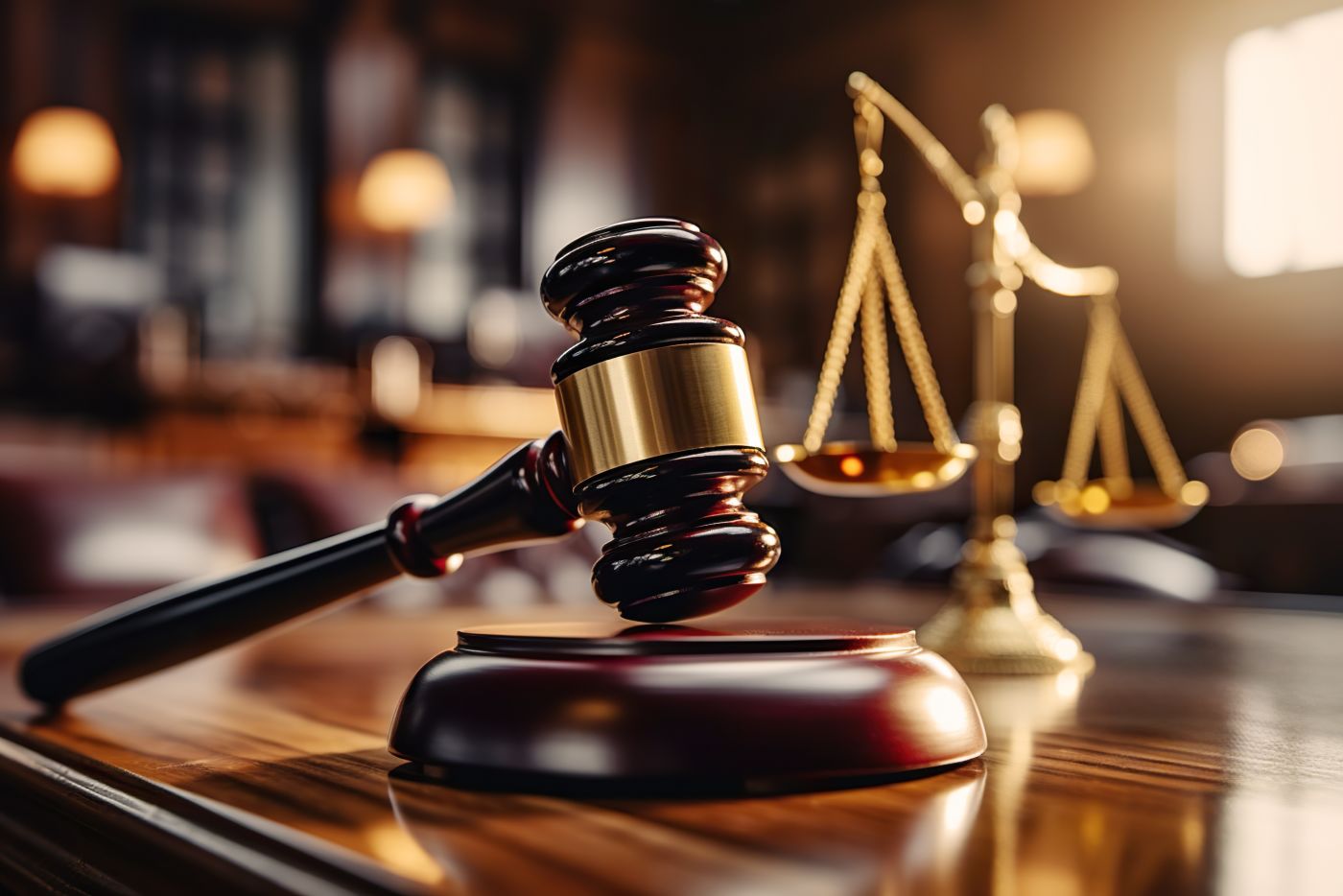
At Amicus Law, we understand that business litigation can be a daunting and sometimes overwhelming process. When business disputes arise, it is crucial to address them effectively and efficiently to protect your company’s interests.
Whether you are a small startup or a large corporation, business litigation in Minnesota can involve various steps, each requiring careful attention and strategy. In this article, we will walk you through the general process of business litigation in Minnesota, so you know what to expect if your business becomes involved in a legal dispute.
1. Identifying the Issue
The first step in any business litigation is identifying the issue at hand. Every dispute is unique, and at Amicus Law, we begin by thoroughly understanding the nature of the problem.
Whether it's a breach of contract, shareholder dispute, employment issue, or intellectual property infringement, we start with a comprehensive review of the facts surrounding the dispute.
We work with you to gather all relevant documents, such as contracts, emails, agreements, or any other evidence that might help clarify the issue. This initial stage is essential for laying the foundation of your case.
By fully understanding the situation, we can better advise you on whether litigation is the most appropriate course of action or if alternative methods of resolution—such as mediation or arbitration—might be more beneficial.
2. Pre-Litigation Negotiation
Before heading to court, many business disputes can be resolved through pre-litigation negotiation. At Amicus Law, we recognize that litigation is not always the best solution for every dispute. Often, we are able to help our clients resolve issues through direct negotiation with the opposing party.
The goal of pre-litigation negotiation is to find a mutually agreeable resolution without the need for costly and time-consuming court proceedings. This process often involves drafting demand letters, offering settlements, or engaging in informal discussions.
If both parties can come to an agreement, this avoids the need for formal litigation, saving your business both time and money.
However, if negotiations fail or if the opposing party is unwilling to cooperate, we are prepared to move forward with litigation. As your legal advisors, we will outline your best options for moving the case forward, helping you make informed decisions about how to proceed.
3. Filing a Complaint and Initiating the Lawsuit
If negotiations do not result in a resolution, the next step is filing a formal complaint, which officially initiates business litigation. In Minnesota, this begins by submitting a complaint to the court. The complaint outlines the legal claims against the defendant and provides a summary of the facts that support those claims.
Once the complaint is filed, the opposing party is served with a copy of the complaint and given a specified amount of time to respond. The defendant will then file an answer, which is their formal response to the allegations. This sets the stage for the litigation process, as both parties exchange information and begin preparing for trial.
Filing the complaint is an important step in business litigation because it sets forth your legal claims and initiates the judicial process. At Amicus Law, we work closely with you to draft a complaint that clearly articulates your position and maximizes your chances of a favorable outcome.
4. Discovery Phase
Once the lawsuit has been filed, the discovery phase begins. Discovery is the process through which both sides gather information from each other to build their respective cases. During discovery, each party has the opportunity to request documents, take depositions, and issue interrogatories (written questions).
Discovery is often one of the most time-consuming aspects of business litigation. It is crucial to carefully manage this stage to avoid delays and unnecessary costs. We work diligently to collect and review relevant documents and evidence, assuring that we gather everything needed to support your case.
In addition to document requests and depositions, we may also serve subpoenas on third parties who may have information relevant to your case. This thorough collection of information helps us build a solid case, while also giving you a clear understanding of the opposing party’s position.
5. Motions and Pre-Trial Hearings
Once discovery is complete, the next phase of business litigation often involves filing motions with the court. Motions can be used to request rulings on specific issues before trial, such as dismissing certain claims, excluding evidence, or seeking summary judgment.
Motions are a critical component of business litigation because they allow us to address any legal issues that may arise during the case and attempt to resolve matters before trial.
For example, we may file a motion for summary judgment if we believe that, based on the evidence collected, there is no genuine issue of material fact and that you are entitled to a judgment as a matter of law.
In addition to motions, pre-trial hearings are often held to set the stage for trial. During these hearings, we may discuss issues such as trial procedures, the admissibility of evidence, and the schedule for trial. This phase is important because it helps streamline the process and confirms that everyone is prepared for the trial itself.
6. Settlement Negotiations
Even after the discovery and motion phases, it is still possible to resolve a business dispute before going to trial. At Amicus Law, we believe in trying to reach a fair settlement whenever possible. Our goal is always to protect your business’s interests, and sometimes a settlement is the most effective way to do so.
Settlement negotiations often occur throughout the litigation process and can continue even up to the eve of trial. In some cases, the court may encourage or order mediation, which is a form of alternative dispute resolution.
Mediation allows both parties to meet with a neutral third party (the mediator) who helps facilitate discussions and guide the parties toward a resolution.
If a settlement is reached, the terms are formalized in a written agreement, and the case is closed. This is a preferable outcome for many businesses, as it avoids the unpredictability of a trial while still resolving the dispute. However, if an agreement cannot be reached, the case proceeds to trial.
7. Trial
If business litigation cannot be settled, the case moves to trial. The trial is where both parties present their arguments and evidence to a judge or jury, who will ultimately decide the outcome of the case. Business litigation trials can involve intricate legal arguments, witness testimony, and the presentation of evidence.
At trial, we will present your case in the most compelling way possible, using all of the evidence gathered during discovery and pre-trial motions. We will cross-examine witnesses, present expert testimony (if needed), and argue on your behalf to demonstrate that your position is legally sound.
The trial process can be lengthy, depending on the difficulty of the case, and the outcome can be unpredictable. However, at Amicus Law, we prepare for trial as though it is the final step, assuring that we have every piece of evidence and legal argument in place to support your case.
8. Post-Trial Motions and Appeals
After the trial, there may still be legal issues to address. In some cases, one of the parties may file post-trial motions to challenge the judgment or seek a new trial. Common post-trial motions include motions for a judgment notwithstanding the verdict (JNOV) or motions for a new trial based on errors that occurred during the trial.
If a post-trial motion is denied, or if you are dissatisfied with the trial’s outcome, it may be possible to file an appeal. An appeal involves asking a higher court to review the trial court's decision to determine if any legal errors were made.
At Amicus Law, we assist clients with both post-trial motions and appeals, providing you with guidance on whether an appeal is worthwhile and what the chances of success may be.
Appeals can be a lengthy process, but they offer an opportunity to have the case reconsidered by a higher court. If successful, an appeal may result in a reversal of the trial court’s decision or a new trial.
9. Enforcement of Judgment
If your business prevails in the litigation and a judgment is awarded in your favor, the final step is enforcing that judgment. Depending on the circumstances, it may be necessary to take additional steps to collect any damages or other relief awarded by the court.
Enforcing a judgment can involve garnishing wages, placing liens on property, or seizing assets. At Amicus Law, we assist clients with enforcement, working to confirm that the judgment is executed properly and that you receive what you are owed.
Contact Us for Next Steps
At Amicus Law, we are committed to helping our clients resolve their business disputes efficiently and effectively. We’re proud to serve St. Paul, Minnesota, and the surrounding areas. Call today.



